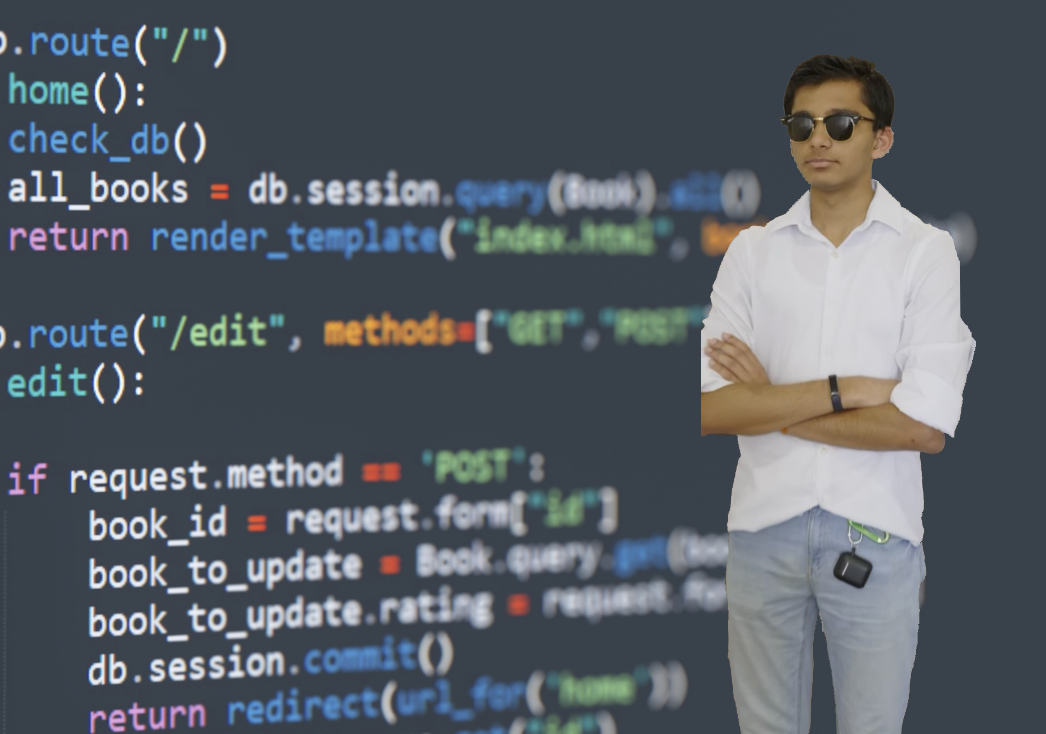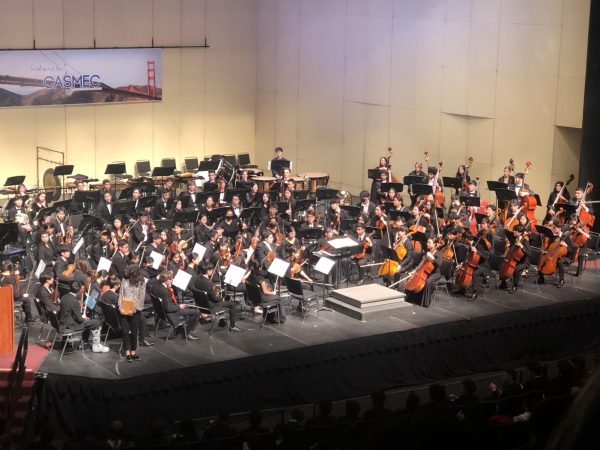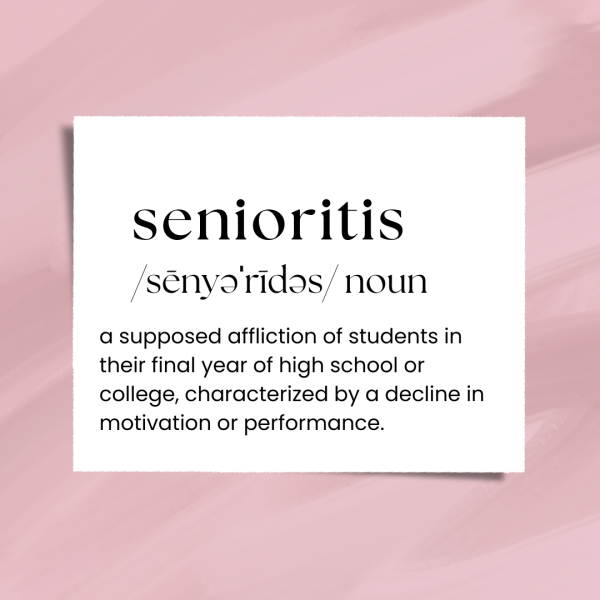Increased mass shootings creates calls for gun reform
Amador Valley held a memorial for those who died at the Club Q shooting in Colorado.
December 9, 2022
Gun violence has been an issue in America for decades, but the alarming spike in shootings in recent years has sparked a call for change. In November of 2022, 43 mass shootings took place, according to the Gun Violence Archive. The long-lasting debate about the ownership of guns has started once again.
Those arguing against firearms ownership say that it’s too easy to get your hands on one and that they are the root of the issue.
“I think automatic assault rifles should be illegal,” said Danica Milovic (‘25).
Those arguing for the ownership of guns say that the guns aren’t the problem, but the people owning them are. Many believe that more focus should be put on helping mentally ill people battle violent urges, as opposed to taking away guns. Some also say that the right to bear arms is a constitutional right, and it shouldn’t be taken away.
“[The Democrat’s] response was to try to disarm law-abiding citizens rather than take serious measures to protect our children. That doesn’t work. It doesn’t prevent crime, and it won’t allow people to defend themselves and their loved ones. And frankly, the Supreme Court might find significant portions of it to be unconstitutional,” said Senator Ted Cruz.
Many people question why only the United States seems to have such an issue with gun violence and why other countries don’t face the same problem.
“I think it was mainly because when we were still under British rule, we needed to protect ourselves, but we don’t have that need anymore,” said Milovic.
Many say mental illness is to blame for gun violence issues, but experts have spoken against these claims.
“Routinely blaming mass shootings on mental illness is unfounded and stigmatizing. Research has shown that only a very small percentage of violent acts are committed by people who are diagnosed with, or in treatment for, mental illness,” said American Psychological Association (APA) President Rosie Phillips Davis, PhD (2019).














